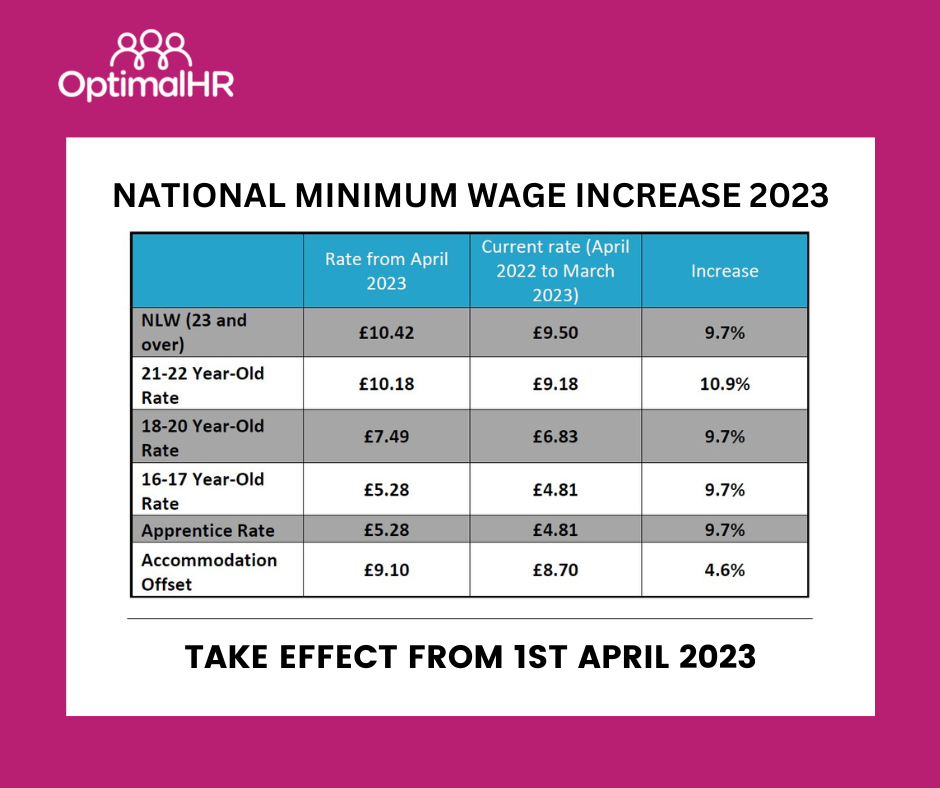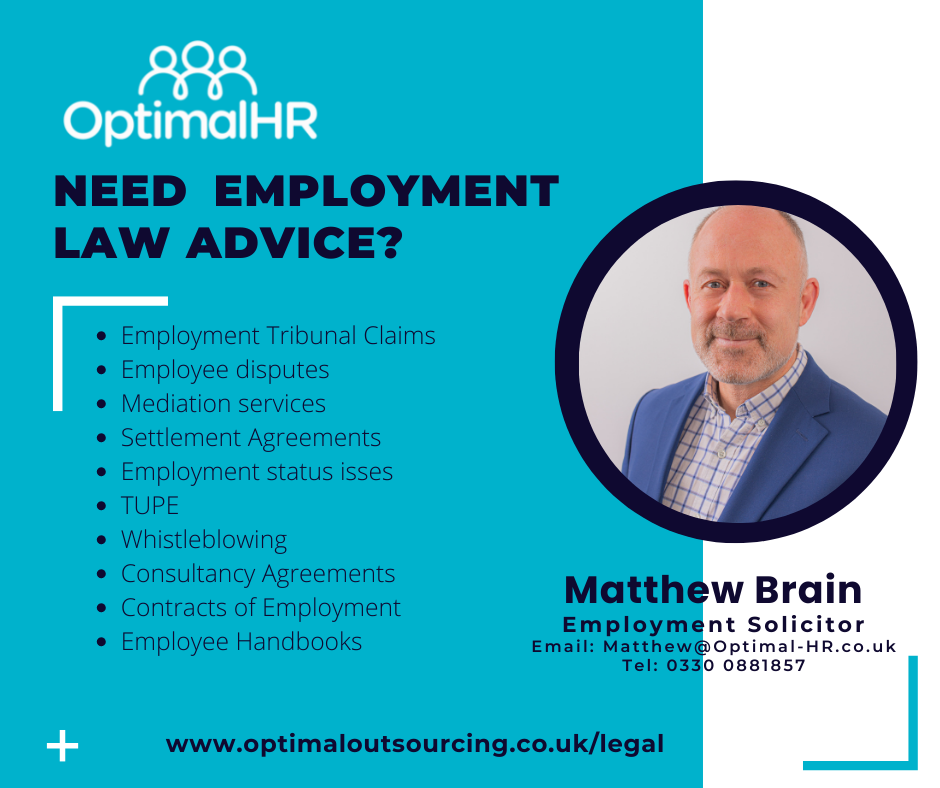In the intricate world of UK employment law, a settlement agreement, also formally referred to as a compromise agreement, stands as a legally binding contract that typically comes into existence between an employer and an employee. This agreement serves as a blueprint, delineating the terms and conditions under which an employee consents to relinquish their right to pursue specific employment-related claims against their employer in exchange for certain benefits.
Critical elements of settlement agreements:
Understanding a Fair Settlement Agreement: A fair and equitable settlement agreement is one that delivers a just and acceptable resolution for both parties involved. It typically encompasses various components, including:
- Fair Compensation: Often, this involves a lump-sum payment to the employee, which may encompass notice periods, redundancy pay, and other entitlements.
- Reference: The agreement may specify the nature of the reference the employer will provide for the employee in future job applications.
- Confidentiality Clause: Commonly, settlement agreements feature clauses mandating both parties to uphold the agreement and its terms in strict confidence.
- Non-Disparagement Clause: This clause serves to prevent both parties from making disparaging or detrimental statements about one another.
To ensure both fairness and legality within a settlement agreement, it is advisable for both parties to seek legal counsel. This brings us to the following question:
Do Employers Bear The Cost Of Legal Settlement Agreements? Legally, employers are not obligated to cover the legal expenses of employees seeking advice concerning settlement agreements. Nonetheless, many employers opt to contribute to or fully cover these costs as part of the negotiation process. Securing legal advice is indispensable for employees to comprehend the implications of the agreement and safeguard their rights.
Do I Require a Solicitor for a Settlement Agreement? Indeed, it is imperative to engage an independent legal advisor, such as a solicitor, when entering into a settlement agreement. A solicitor specialising in employment law can furnish you with essential counsel regarding the fairness and favourability of the proposed terms. They can also assist in negotiating improved terms, if necessary.
What Occurs if I Decline a Settlement Offer? Should you decline a settlement offer, you retain your prerogative to pursue legal action against your employer. Rejecting an offer does not immediately imperil your employment, but it may lead to subsequent negotiations or potential legal proceedings. It is of paramount importance to meticulously evaluate the offer and consult with a legal expert prior to making a decision.
Is a Settlement Agreement a Prudent Choice? The wisdom of entering into a settlement agreement hinges on your unique circumstances. Such an agreement can proffer advantages such as a swift resolution, financial compensation, and the avoidance of protracted legal battles. Conversely, it entails relinquishing the right to bring certain claims before an employment tribunal. Before making a determination, it is crucial to confer with an experienced employment law solicitor who can furnish personalised counsel tailored to your situation.
In summation, settlement agreements wield substantial significance in the realm of UK employment law, offering a mechanism for employers and employees to amicably resolve disputes. If you are contemplating a settlement agreement, getting legal advice is paramount to guarantee that the terms are equitable and advantageous.
If you require expert guidance, you can reach out to our Employment Solicitor Matthew Brain here at Optimal HR to obtain professional assistance custom-tailored to your specific needs. We are committed to supporting you in addressing workplace issues, including unfair dismissal and discrimination.
Blog written by Mel Stead FCIPD, Managing Director of Optimal HR Services who has 30 years’ experience in HR and employment law matters.
In need of some HR advice? Wherever you are in the UK, you can arrange a chat with one of our friendly professional HR advisors at any time.
Call us on 0330 0881857 or email enquiries@optimal-hr.co.uk
We’re also on Facebook and LinkedIn!










